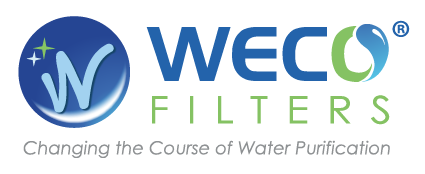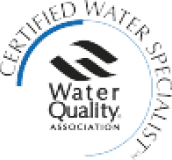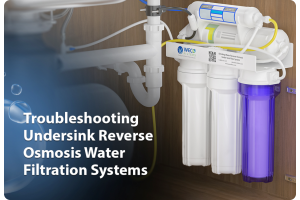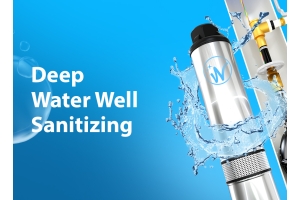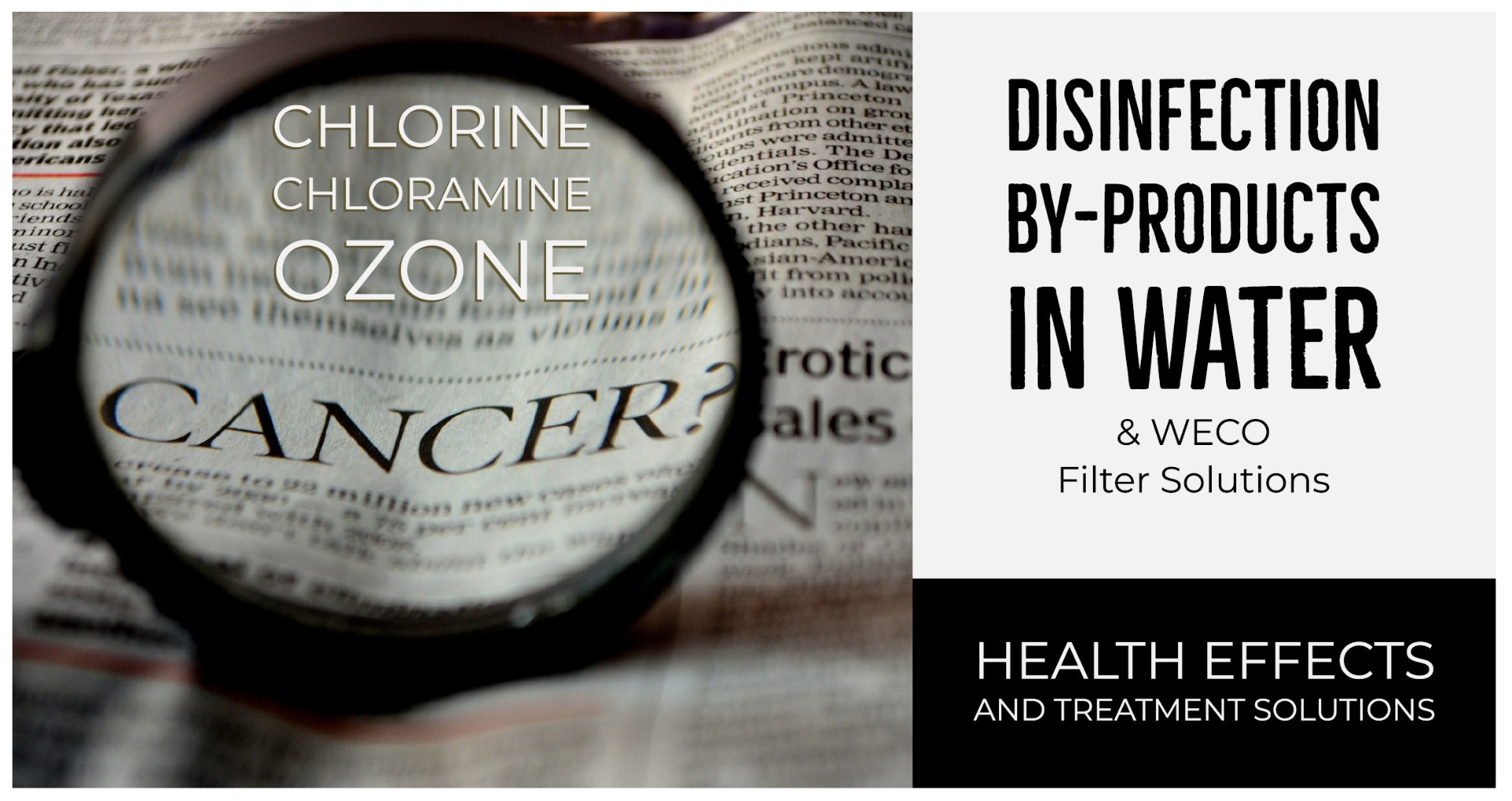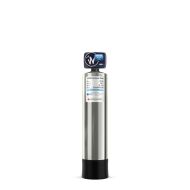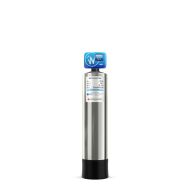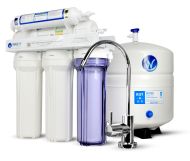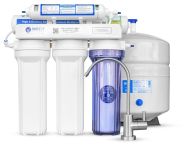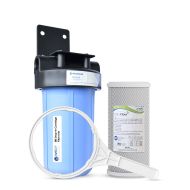Dangers of Disinfection By-Products
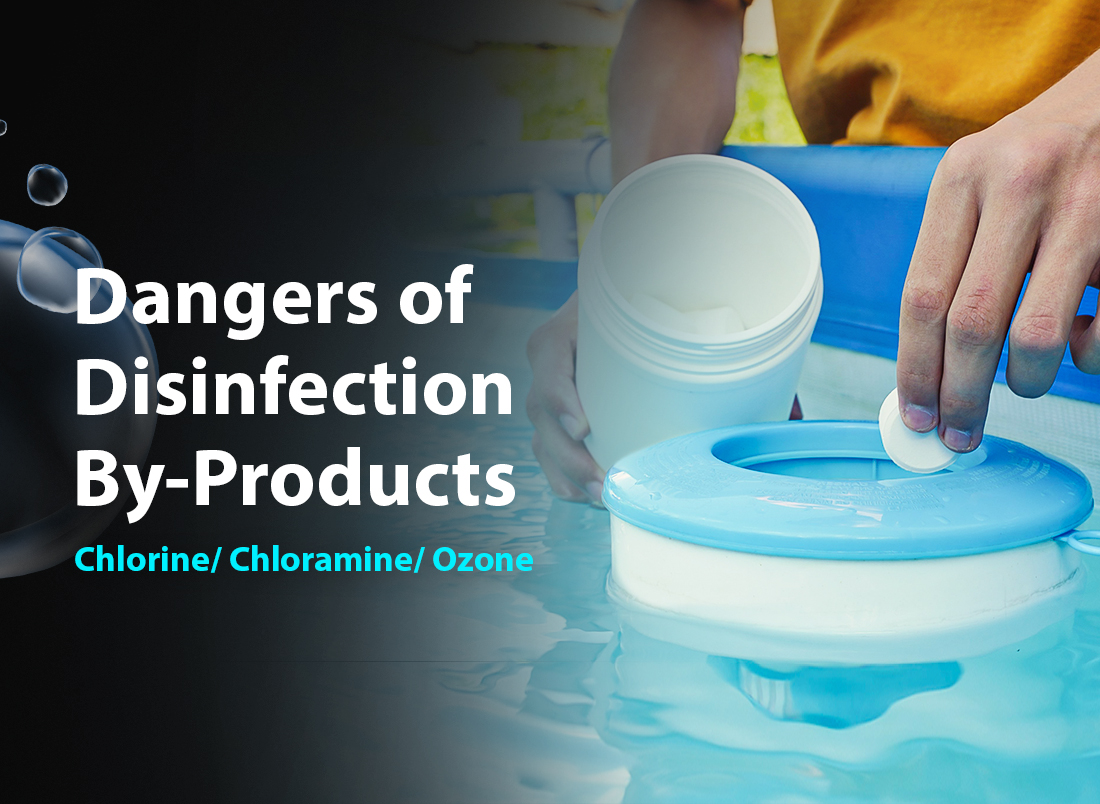
Understanding the dangers of disinfection byproducts
Disinfection byproducts are formed when chlorine-based chemicals or ozone are used in water treatment plants react with bromide and/or natural organic matter (decaying vegetation) that is present in the source water. Disinfection byproducts include trihalomethanes (THMs), haloacetic acids (HAAs), bromate, and chlorite. There are serious health concerns related to exposure to disinfection byproducts.
Why are chlorine chemicals added to my drinking water?
Chlorine disinfection is a chemical process used in municipal water systems, private wells, schools and businesses where chlorinated chemicals are added to inactivate or kill disease causing organisms (pathogens) found in the water source. Common water sources include lakes, rivers, reservoirs, wells or ground water from which water is drawn and treated. Disinfection typically involves the use of disinfectants such as chlorine, chlorine dioxide and a combination of chlorine and ammonia (chloramines) to render disease organisms harmless. These disinfection methods can kill pathogens, but can also create disinfection byproducts (DPBs) that may be harmful to human health. Ozone is also used as a disinfectant by some water purification systems.
What are disinfection byproducts?
Trihalomethanes (THMs) are a group of four chemicals that form when chlorine reacts with naturally occurring organic matter in the water. The trihalomethanes include chloroform, bromodichloromethane, dibromochloromethane, and bromoform. Haloacetic Acids (HAA5) are a group of five chemicals that are formed along with other disinfection byproducts when chlorine or other disinfectants used to control microbial contaminants in drinking water react with naturally occurring organic matter. These include monochloroacetic acid, dichloroacetic acid, trichloroacetic acid, monobromoacetic acid, and dibromoacetic acid. Bromate is a chemical that is formed when the ozone used to disinfect drinking water reacts with naturally occurring bromide found in the source water. Chlorite is a byproduct formed when chlorine dioxide is used to disinfect water.
What are the health effects of disinfection byproducts?
Since the discovery of these chemical byproducts in drinking water in 1974, many toxicological studies on the health effects from exposure to DBPs have been conducted. The studies have shown that disinfection byproducts are carcinogenic in laboratory animals. The DPBs include bromate, certain trihalomethanes and haloacetic acids. Chlorite and certain trihalomethanes and haloacetic acids have also been shown to cause adverse reproductive or developmental effects in laboratory animals. A number of epidemiology studies have investigated the relationship between exposure to chlorinated water and cancer. Some have suggested an increased cancer risk to those exposed to chlorinated waters while others have demonstrated none. The US EPA stated that while the agency cannot conclude there is a link between exposure to chlorinated water and cancer, the studies have suggested an association between bladder, rectal, and colon cancer and exposure to chlorinated surface water.
Are disinfection byproducts regulated?
Yes. The US Environmental Protection Agency sets standards for the maximum allowable levels of disinfection byproducts in municipally treated water. If your water supply comes from a regulated municipal water treatment plant, a notice is required to be sent out when the THMs exceeds the legal limit. Private wells, residences and stand-alone businesses with on-site disinfection are not regulated and have no way to continuously monitor for disinfection byproducts. For many people, no level of suspected carcinogens is acceptable in their drinking water.

What can I do to protect against drinking carcinogenic disinfection byproducts?
The good news is WECO manufactures a variety of water filtration systems that remove carcinogenic DBPs along with other contaminants like pharmaceuticals, solvents and gasoline along with residual chlorine disinfectants while improving the taste and odor of your drinking water. WECO can supply a whole house filtration system than ensures that water from every sink, ice maker, refrigerator and shower is free from these harmful contaminants. Please contact WECO for assistance in selecting the water filtration system that is right for you.
